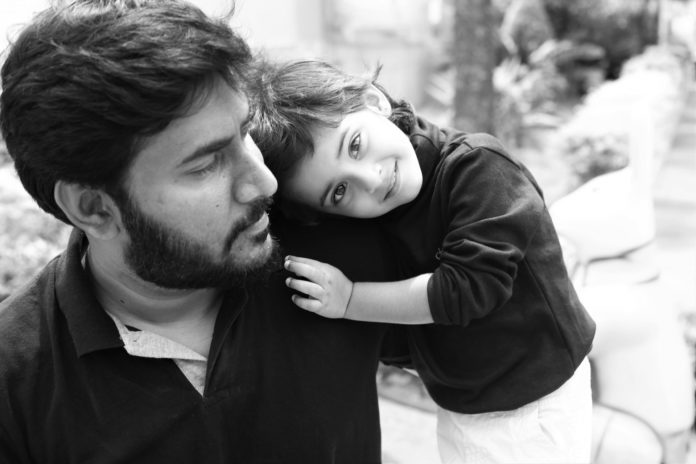World over single parent families are increasing, earlier studies have focused on single mothers
Single fathers have a higher risk of premature mortality than single mothers and couples who share parenting responsibilities.
This was revealed by an observational study that tracked more than 40000 people in Canada for 11 years, published in The Lancet Public Health journal. While the study could not identify specific causes of death, single fathers were more likely to lead unhealthier lifestyles, which may explain the increased risk. The authors say health professionals could help target this group.
Single-parent families are becoming increasingly common around the world due to growing rates of divorce, separations, and couples having children outside of marriage.
The study included 40490 people who took part in the Canadian Community Health Survey, including 871 single fathers, 4590 single mothers, 16341 partnered fathers, and 18688 partnered mothers (average age 41-46 years).
Despite this, previous research on single parents has largely focused on single mothers, and no study to date has compared single fathers and mothers. There is only one similar study from Sweden, which compared single and partnered fathers only, and found that single fathers had a 30% greater risk of mortality than partnered fathers.
“Our research highlights that single fathers have higher mortality, and demonstrates a need for public health policies to help identify and support these men. While our study does not identify the exact cause of this, we did find that single fathers also tend to have unhealthier lifestyles, which could be an important area to address to improve health in this high-risk group,” says lead author Dr Maria Chiu, Institute for Clinical Evaluative Sciences and University of Toronto, Canada.
The study included 40490 people who took part in the Canadian Community Health Survey, including 871 single fathers, 4590 single mothers, 16341 partnered fathers, and 18688 partnered mothers (average age 41-46 years). Single parents included people who were living at home with one or more biological or adopted children under the age of 25, and who were divorced, separated, widowed, single, never married, and not living with a partner.
The participants completed questionnaires to give details of their lifestyle and sociodemographic status, including their fruit and vegetable intake, physical activity, and binge drinking. This was linked to their administrative health records to identify medical conditions, how often they used health services, whether they died, and cause of death.
After a median of 11 years follow-up, 693 people had died. Single fathers were more likely to die over this period (5.8 deaths per 1000 person years, 35/871 died), compared to partnered fathers (1.9 deaths per 1000 person years, 345/16341 died), and single mothers (1.7 deaths per 1000 person years, 85/4590 died). Partnered mothers were least likely to die over the follow-up period (1.2 deaths per 1000 person years, 228/18688 died).


